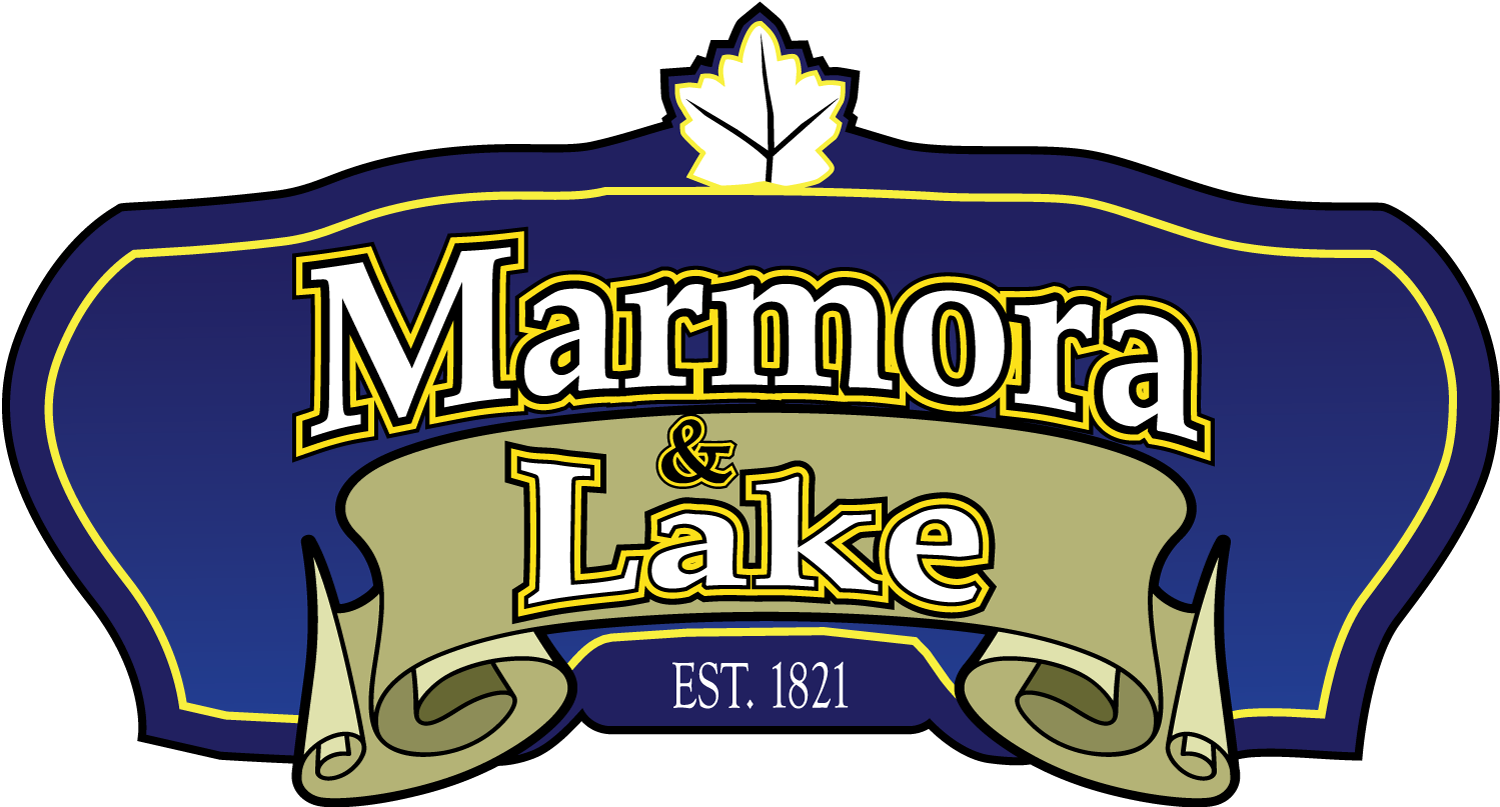Drinking Water Protection Zone Road Signs
We all want clean, safe water for our future. Protecting our drinking water sources is the first step.
Our drinking water comes from water under the ground, called groundwater, or from water in lakes and rivers, called surface water.
Public water sources can be near major roadways, where accidents can and do happen.
New, provincially standard road signs mark locations where well-used roads cross into zones where municipal drinking water sources are the most vulnerable to contamination.
These road signs alert first responders of the need to quickly inform the appropriate authorities so action can be taken to keep contaminants out of the public water treatment and distribution system.
Why Protect Sources of Drinking Water?
to protect public health
to avoid the cost and need to clean up contaminated water
to reduce the cost of water treatment
to eliminate the need to search for new drinking water sources when existing ones become contaminated or depleted
to ensure a long-term supply of clean water
to ensure an adequate water supply for economic growth
Who:
Emergency responders can help to protect drinking water sources.
What:
Drinking Water Protection Zone Road Signs mark the areas along major roads where contaminant spills could travel quickly to a municipal drinking water source.
Why:
To protect public health. Under Ontario’s Clean Water Act, 2006, Source Protection Plans were created by local committees to protect public water sources. The provincially approved Plans contain various policies including one that calls for the road signs.
How:
In the event of an accidental spill within a Drinking Water Protection Zone, emergency responders can:
notify the local drinking water treatment plant operator*
notify the Spills Action Centre 1-800-268-6060
contain the accidental spill so clean up and remediation can occur
*The water treatment plant operator can shut off of the raw water supply before contaminants (that can pose a danger to public health) enter the public water treatment and distribution system.
Where:
41 road signs have been installed in the Quinte Region; 33 road signs on municipal roads and 8 road signs on provincial highways. Almost 800 of these provincially-standard signs are erected across Ontario on both municipal and provincial roads, including the 400 series highways
Sign locations are based on science and provincially approved mapping of the vulnerable areas surrounding the municipal drinking water sources.
When:
The first new provincially-standard sign was unveiled in the Town of Greater Napanee on November 16, 2015. The remaining signs were erected in 2016.
Approved Quinte Region Source Protection Plan
The Quinte Region Source Protection Plan contains policies designed to help keep accidental spills and other pollutants out of our drinking water sources. For more:
QuinteSourceWater.ca
Quinte Conservation, 2061 Old Highway 2, R R 2, Belleville, ON K8N 4Z2 613-968-3434 or 613-354-3312 info@quinteconservation.ca QuinteSourceWater.ca


